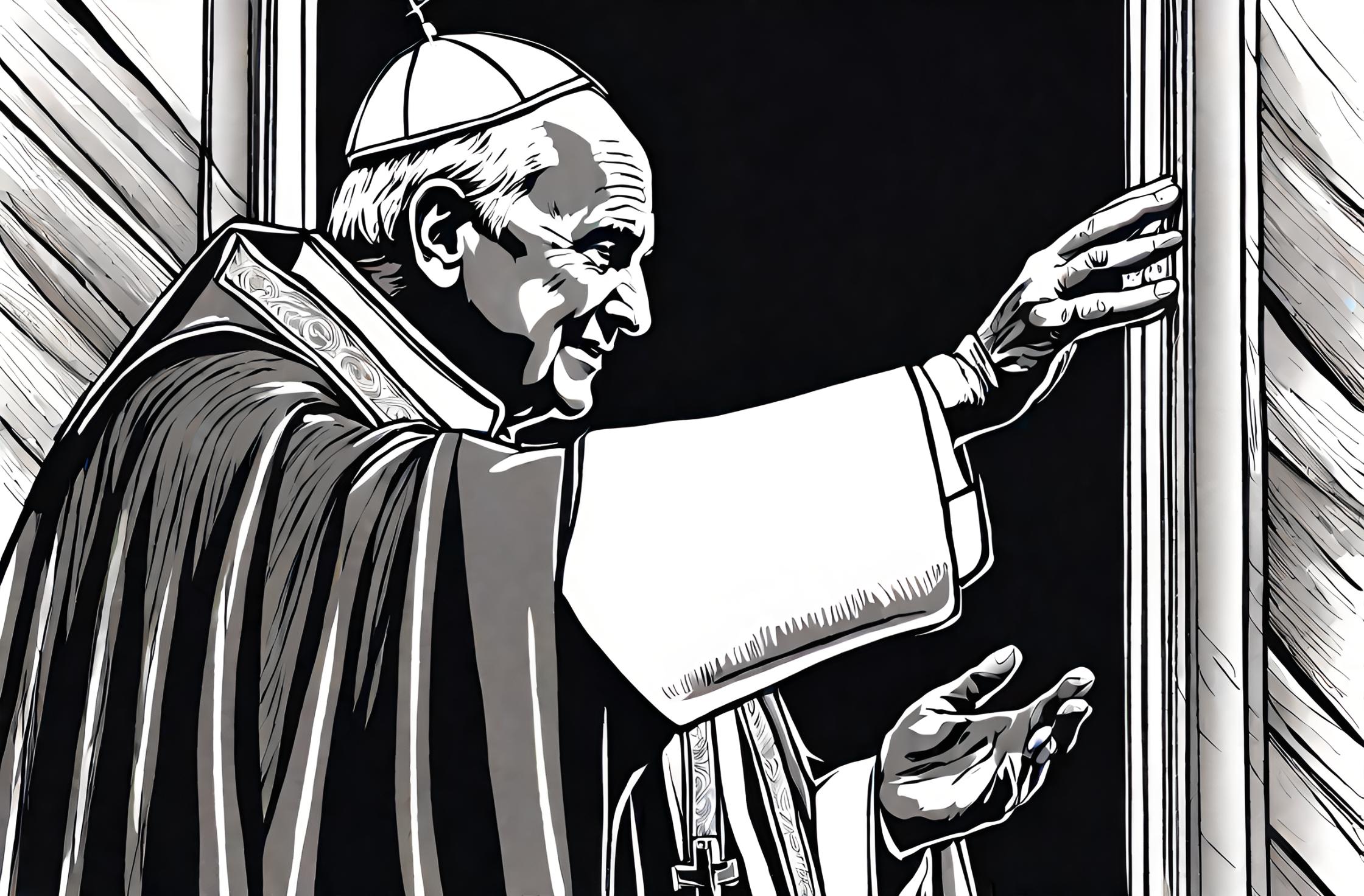Flashback to December 27
World History

On June 19, 1867, a significant event took place in Querétaro, Querétaro – the execution of Maximilian I of the Mexican Empire by a firing squad. This event marked the end of Maximilian’s attempt to establish a new empire in Mexico and had a profound impact on Mexican history. In this article, we will delve into the details of this event, its historical context, and its ramifications for Mexico.
Maximilian I, born Ferdinand Maximilian Joseph in Austria, was invited to Mexico by a conservative faction that sought to establish a monarchy in the country. In 1864, he accepted the offer and assumed the title of Emperor of Mexico. However, his reign soon faced challenges from opposition forces, including the republican government led by Benito Juarez.
As Maximilian struggled to assert his authority, the Republican forces gained strength. With the support of the United States, President Juarez and his loyalists pursued a campaign to oust Maximilian and restore the Mexican Republic. The French military, which had initially backed Maximilian, gradually withdrew their support, leaving him vulnerable.
In early 1867, Maximilian found himself trapped in the city of Querétaro, surrounded by Republican forces. Despite attempts to negotiate a surrender, Maximilian refused to abdicate the throne. His decision to stay and fight proved to be a fateful one.
On the morning of June 19, 1867, Maximilian, along with two of his loyal generals, Miguel Miramón and Tomás Mejía, was led to the Cerro de las Campanas, a hill on the outskirts of Querétaro. A firing squad awaited them. The Emperor and his generals were tied to posts and blindfolded. Moments later, the order was given, and the firing squad carried out their duties.
The execution of Maximilian I sent shockwaves throughout Mexico and the wider world. It demonstrated the strength and determination of the Republican forces led by Juarez and served as a symbol of the eventual triumph of republicanism in Mexico. Maximilian’s death marked the end of the French intervention in Mexico and the consolidation of power by Juarez and his supporters.
The repercussions of Maximilian’s execution were profound. It solidified the Republican government’s authority and legitimacy, paving the way for a period of stability and nation-building in Mexico. Juarez enacted significant reforms, including the secularization of education and land redistribution, aimed at empowering the common people and diminishing the power of the Church and the aristocracy.
Furthermore, the events surrounding Maximilian’s execution had a lasting impact on Mexican-Austrian relations. Austria, understandably outraged by the execution of its former emperor, demanded an apology and reparations from Mexico. The strained diplomatic ties between the two countries persisted for several years, affecting trade and political relations.
the execution of Maximilian I of the Mexican Empire on June 19, 1867, was a defining moment in Mexican history. It marked the end of his ill-fated attempt to establish a monarchy in Mexico and the triumph of the Republican forces led by Benito Juarez. The repercussions of this event were far-reaching, contributing to political and social changes in Mexico and affecting diplomatic relations with Austria. Today, the execution of Maximilian I remains a significant moment in Mexican history, symbolizing the struggle for independence and the pursuit of a Republican form of government.
We strive for accuracy. If you see something that doesn't look right, click here to contact us!
Sponsored Content

Pope John Paul II…
"Pope John Paul II…

Taliban forces retake the…
"On December 27, 1996,…

England and Portugal sign…
On December 27, 1703,…

USSR performs nuclear test…
On December 27, 1987,…

John Pijnas Dutch painter,…
Renowned Dutch painter, John…

Indonesian National Revolution: Queen…
"Marking a historical event…

